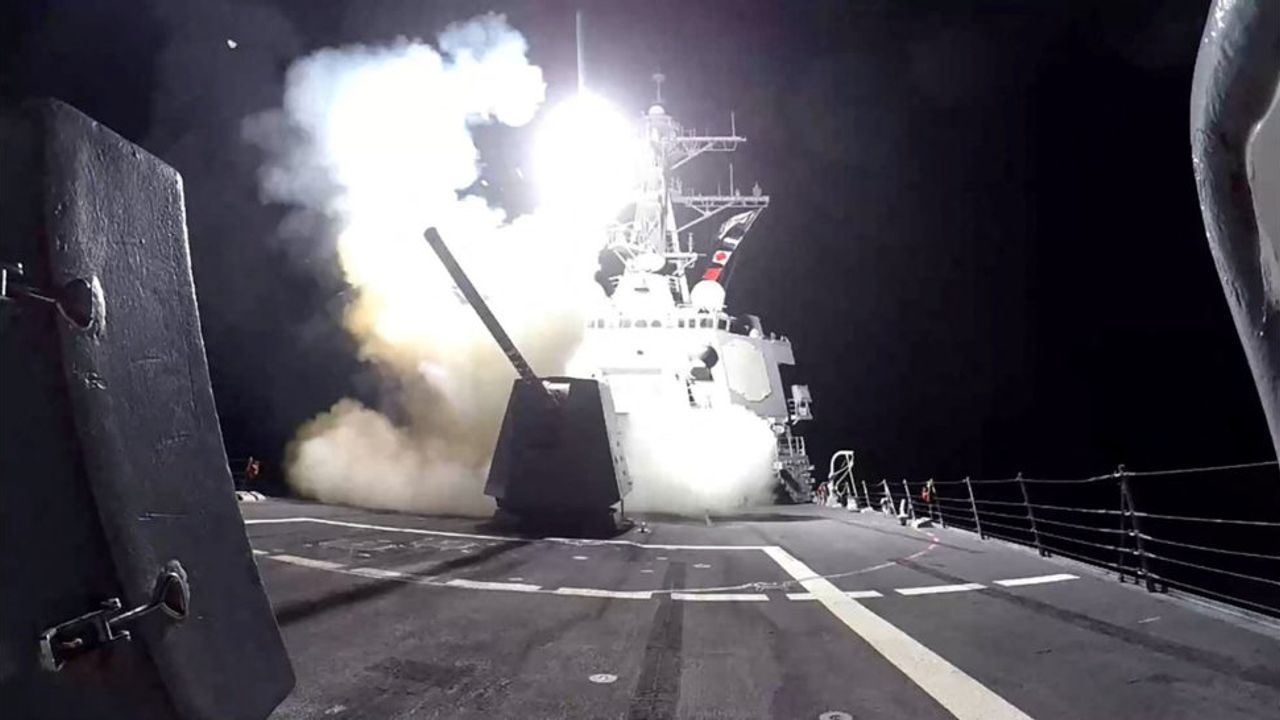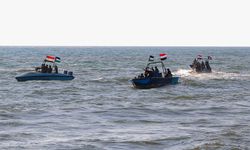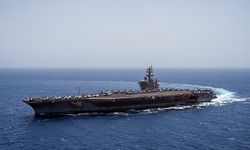The operation targeted a land-attack cruise missile and four anti-ship missiles, poised for launch in the Red Sea. This follows joint US-UK strikes against Houthi targets in response to continued attacks by the Iran-backed group on military and commercial ships in the Red Sea.
The Houthi assaults have compelled major shipping companies to reroute, significantly affecting international trade. Egypt reports a nearly 50% drop in Suez Canal revenue for January, with a more than one-third decrease in the number of ships transiting the crucial trade artery.
The US-UK strikes illuminated the night sky in Yemen's capital, Sana'a, drawing a defiant response from Houthi officials who vowed retaliation. The White House issued a warning that its airstrikes on Iran-backed targets in Iraq and Syria are just the beginning of its response to Iran, citing the deaths of three soldiers in a recent drone attack on a Jordanian military base.
President Biden outlined that Friday's retaliatory strikes targeted facilities used by Iran's armed forces and militia groups linked to the Islamic Revolutionary Guard Corps (IRGC). The aim is to deter further attacks, emphasizing efforts to limit escalation and avoid civilian casualties. The US retaliation draws condemnation from regional governments, with Iraq's senior adviser criticizing the lack of warning during the strikes.
Oman's foreign minister expressed grave concerns about the escalating situation, questioning the effectiveness of US retaliatory attacks. The US believes the strikes have degraded militia capabilities, but National Security Adviser Jake Sullivan emphasized the avoidance of an open-ended military campaign while remaining prepared to address any challenges.
As Secretary of State Antony Blinken travels to the region, a top priority is a hostage deal with Hamas to pause hostilities in Gaza. The US is committed to pressing for a resolution, leaving the ball in Hamas's court.






